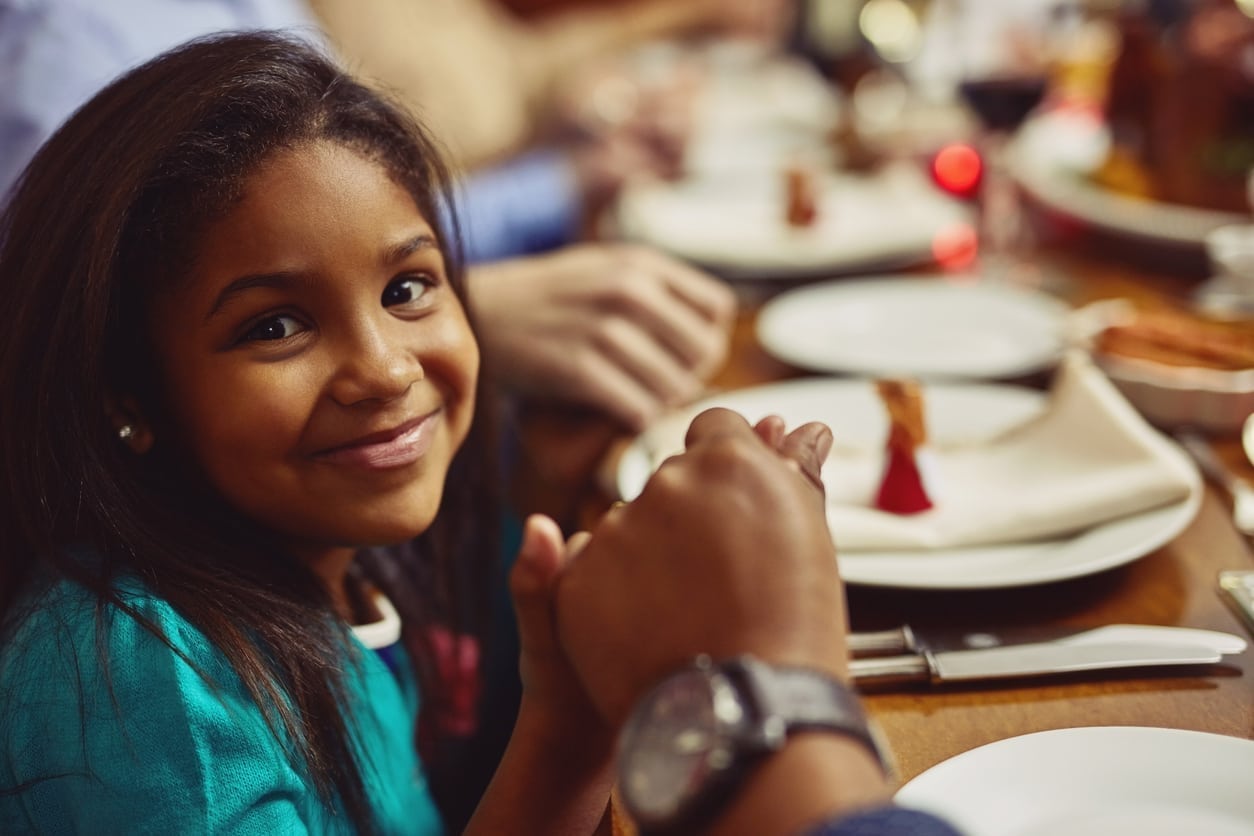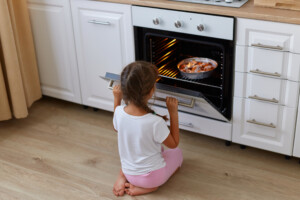Raising thankful and responsible children is increasingly difficult in this world of instant gratification and entitlement. In one of my favorite movies, “Willy Wonka and the Chocolate Factory,” Veruca Salt is the epitome of an ungrateful child. Even as a kid, I disliked her immensely. Her character always made me wonder who would raise a child to act like that. Why would a parent give their child every single thing they want?
Well, it’s easy to judge when you do not have any children. But for many parents, once they fall in love with their child, they find it easier than they ever imagined to give them all the things that make them happy. Not because they want them spoiled but because they love them. In addition, it’s hard when our kids have big feelings, and we want to fix these for them. We may give or do too much so that our kids don’t experience discomfort or distress. The differences between showing love and giving excessively can get blurry.
While giving to our children is not necessarily bad, in excess, it can become an entitlement, which is what every parent seems to fear. So, how do we stop it? How do we prevent ourselves from raising kids who feel the world owes them something? There are two helpful antidotes: gratitude and responsibility.
How To Raise Grateful and Responsible Children
Responsibility ensures our kids can do things for themselves and become independent, contributing members of society.1 It’s also crucial for them to learn how to be grateful. Not only does gratitude bring a host of benefits to your child (like improved mood, better educational achievement, and higher self-esteem), but it can also help them have high-quality relationships.2,6,8 In essence, they appreciate what they have, so they aren’t entitled. When gratitude increases, entitlement decreases.7
As parents, we want to implement strategies at home that focus on these qualities. Here are a few of my favorite ways to raise grateful and responsible children:
Implement Ownership Around the House
The concept of chores has been around forever. And there are different camps for assigning a chore — either with or without payment, like an allowance. Whatever your family decides, teaching your child to contribute to the household is a great way to teach them responsibility.8
Parents often get caught up in how well a child is doing a task. They forget that the point of the chore is more about teaching the child what they are capable of. (Not that they will fold the laundry to a parent’s standards. Because they will not, much to my dismay!) However, the more they see what they are capable of, the more self-esteem they develop, leading to them taking ownership of their decisions and increased responsibility.3,8
Teach Dinnertime Gratitude
Dinnertime is a great way to reconnect with the family.9 And the older children get, the more crucial it becomes in reducing problematic behaviors.10,11 It’s also a great time to reset your focus as a family. Instead of generically talking about your days, ask your children specific questions about things that have gone well.
For instance, instead of asking, “What was the best part of your day?” you can ask, “What is one thing someone did for you today that was nice?” This small change helps children focus their minds on being grateful. It also encourages you to have a conversation about why someone did what they did. For example, “Wow, that was very nice of your teacher to give everyone in class extra recess. Maybe she wanted to show you all that she cares for you! Maybe next time she does, hug her and tell her thank you!”
Say “No” So They Experience Waiting for Something
We often say “yes” to simple things our children ask for just because we can:
“Mom, can we drive through McDonald’s?” Sure.
“Dad, do you mind if I get that swimsuit?” Go ahead.
“Mom, can I go to this sports camp?” I guess so.
Our answer is often YES. But when a child never hears no, they begin to think they always get what they want. They never learn the skill of waiting for something they want or not getting something that sounds fun.12 If you always get what you want, it’s hard to appreciate what you’ve been given.
The art of waiting is a skill termed “delayed gratification.” It’s the concept that you learn to wait in the present moment to achieve some future gain.4,12 This concept is associated with higher educational attainment, decreased likelihood of future substance abuse issues, more financial or employment security, and improved relationships.4 As parents, we sometimes need to say “no” so that our children feel gratitude when we say “yes.” It’s simple, but it can be profound. You can even say, “I could say yes to that, but sometimes it’s good to wait for things we want. I’m going to say no because I love you.”
Write Thank-You Notes
This is one of my all-time favorite methods for increasing gratitude. Have your child make handwritten thank-you notes when they receive a present or when somebody (like a friend or adult) does something nice for them. If they are too little to write, have them make a handprint or a scribble. This is not about the person on the other end expecting a thank you. Instead, it’s about teaching your children to look for opportunities to show that they are grateful. The more we focus on noticing how blessed we are, the more we feel it in our hearts.
Model and Teach Ownership of Mistakes
It’s strange to say that recognizing fault within ourselves is a way to increase responsibility, but it is. It teaches us (and our children) to be responsible for our actions and have accountability.5 And entitled children often struggle to notice when they are wrong. Instead of “I made a mistake,” they might say, “You made me…” An easy way to help is to take responsibility when we mess up in front of them. If your children haven’t seen you apologize, how will they think it’s safe? When we model saying I am sorry, they see the value in saying they’ve made a mistake, too! Then, step in when they need to apologize and talk about how even adults have to admit mistakes.
To effectively teach our children how to be responsible and grateful, we must show them what this looks like at home. We can’t be perfect, but we want our children to see us living out our values. If you can work on improving your attitudes and behaviors, your little one will be watching and might just follow you. As parents, you will experience less of the Veruca Salts and more of the Charlie Buckets if you start young and offer consistency regarding gratitude and responsibility.































